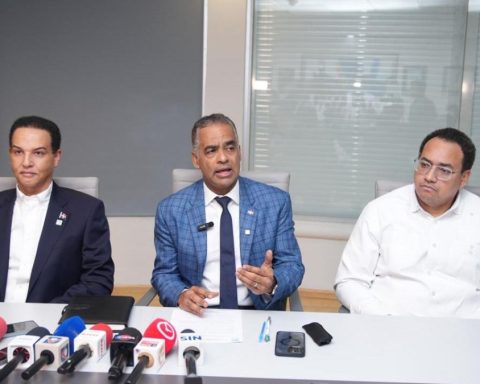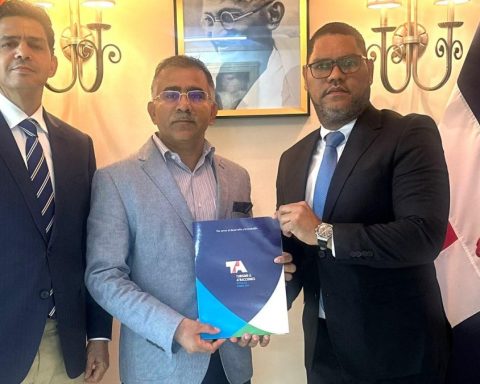How will the implementation of the International Financial Reporting Standards (IFRS) on sustainability benefit organizations? The standards mark an era of communication within the financial market, which are here to stay and there is no turning back in their application. The regulations are designed for companies to tell their sustainability story in a solid way, which will represent a great opportunity, with a fairer, more prosperous and sustainable future in the transition to building a more sustainable global economy.
Furthermore, this obligation to report on those sustainability factors that have an impact on the financial performance of companies will ensure that over the years, organizations will have a backup in the information memory to make comparisons and define change actions to realize growth opportunities.
For Edna CamachAs Senior Sustainability Manager at EY, being able to implement IFRS will be crucial for any organization seeking to improve transparency and comparability in its sustainability-related financial reporting. To achieve the process effectively, processes must be worked on and strengthened in 4 work stages:
- Gap Analysis:
This is the starting point; looking in the mirror: a thorough analysis is needed to enable the organisation to assess its current situation in relation to the standards established by IFRS. This will enable it to determine how prepared it is to comply with these new disclosure rules.
2. Adoption of Transitional Measures:
At the internal level of the organization, it is recommended to train key personnel to ensure a smooth and effective transition (it is vital to appoint a responsible team). In addition, during the first year of application of IFRS, transition measures are allowed to facilitate its adoption.
3. Financial Materiality: Focus on the Substantial
This approach to IFRS sustainability standards seeks to require organizations to disclose only sustainability information that is relevant in terms of its effects on financial performance, cash flow or financial position.
4. Application of Standards:
Finally, the application of the standards is an ongoing process that requires constant monitoring and adjustments as necessary. This includes the ongoing evaluation of new interpretations and amendments to IFRS to ensure continued compliance and constant improvement of the quality of financial information related to sustainability.
“These phases help companies effectively manage the transition to IFRS, improving the quality and comparability of financial information related to sustainability and strengthening trust among investors, creditors and other funding providers,” says the EY Sustainability specialist.
Furthermore, the application of International Financial Reporting Standards (IFRS) on sustainability in reporting will be crucial to improve transparency, manage ESG risks and strengthen trust with investors and regulators. This not only facilitates the evaluation of environmental and social performance, but also prepares companies for sustainable growth in a market increasingly focused on sustainability.
To date, two IFRS sustainability disclosure standards have been issued: IFRS S1 and IFRS S2, and experts agree that IFRS 3 and 4 on sustainability are likely to be expanded in the future.
As part of the efforts to further explore the topic, the first forum was held: International Sustainability Standards (IFRS S1 and S2) in financial institutions. The meeting was organized by EY, SUGEF, SUPEN, SUGEVAL, SUGESE, and the United Nations office in Costa Rica.

















